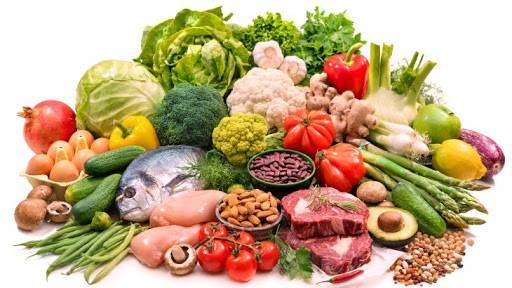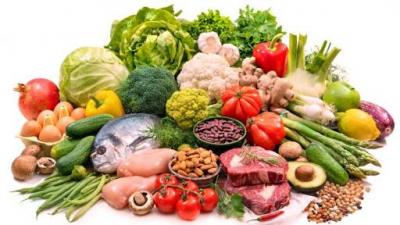Studies discussing the brain and mental health, as well as the relationship between diet and brain preservation, continue to emerge. Recently, a team of scientists from Tufts University in the U.S. discovered that avocado on whole grain toast is more than just a trendy food item. They explained that it could also be part of a diet that combats Alzheimer's and dementia, according to the British "Daily Mail."
Over 70 Years
The team of scientists, who examined the diets and cognitive abilities of over 3,000 Britons over a span of 70 years based on a long-term British study that began in 1946, found foods consumed in childhood and early youth that support brain functions later in life. Researchers concluded that diets consisting of minimally processed or unprocessed leafy greens, beans, whole fruits, and whole grains are the most protective. They linked high levels of antioxidants and monounsaturated and polyunsaturated fats in these foods to improved circulation and the fight against harmful substances in the brain.
Cognitive Abilities in Aging
Additionally, researchers noted that only 7% of those who consumed these types of diets early in life recorded a decline in cognitive ability, which can be a precursor to dementia throughout the study. In contrast, 92% of individuals consuming high-salt, added-sugar, and refined grain diets, such as white bread, experienced cognitive ability decline—a term reflecting a person's memory strength and thinking speed in old age.
Precursor Factors for Dementia
While some cognitive decline naturally occurs with aging, it can also signal conditions such as dementia. A quarter of participants with low cognitive ability in the study showed signs of potential dementia. Researchers, who presented their findings at the annual meeting of the American Society for Nutrition in Chicago, acknowledged that the advice to consume more fruits and vegetables is not new. However, they added that the research results suggest that consuming these foods early in life has a more sustainable protective effect on the brain than previously believed.
In her comments, researcher Kelly Cara, a nutrition expert from Tufts University in Boston, stated, "The results of the study provide new evidence suggesting that dietary improvements up until middle age can impact cognitive performance and help alleviate cognitive decline in later years or reduce it." She also noted that initial findings indicate a clear pattern in foods that appear to help protect the brain.
It was noted that the diets of Britons in the study were assessed by researchers as high or low quality based on U.S. government dietary guidelines. American recommendations generally advise adults to consume at least 2.5 cups of vegetables, 2 cups of fruit, 170 grams of whole grains, about 155 grams of lean or plant-based proteins like beans, and 27 grams (2 tablespoons) of oils daily.
For example, an adult can consume 88 grams of broccoli, two medium-sized carrots, 33.5 grams of kale, 210 grams of apples, roughly four slices of whole wheat bread, one serving of chicken or fish, along with 27 grams of oil for cooking or salad dressing in one day. However, the exact quantities depend on specific nutrients and the calorie requirements of the adults concerned, which vary between men and women. The U.S. National Health Service guidelines for a healthy diet are largely similar and encourage adults to consume five servings of a variety of fruits and vegetables each day, starchy carbohydrates like bread or pasta preferably made from whole wheat, 30 grams of fiber daily, and some low-fat dairy products, as well as proteins including some beans, legumes, fish, eggs, and lean meats, including two servings of fish each week.




